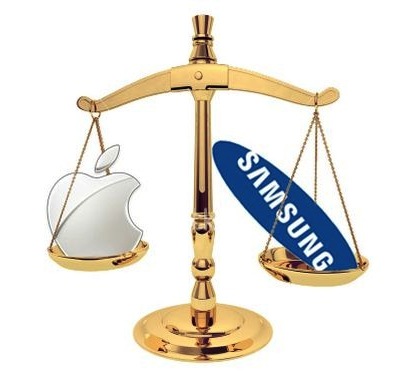If you make smartphones, and the company signing your checks isn’t Apple or Samsung, you probably had a bad, bad quarter. Because Apple has captured 57% of the entire U.S. smartphone market. And Samsung has the remaining taken 43%, leaving its competitors with nothing.
 Nokia? Made nothing.
Nokia? Made nothing.
Blackberry? Made nothing.
Sony? Nothing.
Acer? Nothing. Which, given the quality of anything Acer that has been made in the history of ever, doesn’t surprise us.
But surprisingly, this has actually been a better quarter for anyone not named Apple or Samsung, as the two giants' market control is down 103%. Their competitors have, in fact, not lost as much money as they had in previous years.
Still, despite the fact that the first quarter of 2013 signaled a market share drop for Apple, the duopoly is unlikely to change anytime soon. Which leads to the question: Why are these smaller companies still in the game at all?
The answer? They can’t leave. If they leave the smartphone industry, then their competitors become more efficient and can aim attacks at their other product offerings. LG and Samsung also make TVs for instance. As long as LG is building smartphones, Samsung must take resources from building TVs and use those resources to try to undercut LG’s smartphone division. If LG stops building smartphones, though, Samsung is free to concentrate those profits to undercutting LG’s television line.
Incidentally, this is why Microsoft cannot let Bing die, despite Bing’s poor adoption rate. If they cede the market to Google, Google will be able to concentrate on displacing Outlook. As it is, Google cannot destroy Outlook, because it must first destroy Bing. Bing is the poorly held, disrepaired, wooden palisade surrounding the fortress that is Microsoft.
Of course, the divisions can only lose money/remain revenue-neutral for so long. Eventually, all of these companies will need to change their strategies.
And that will make for a truly interesting blog.


